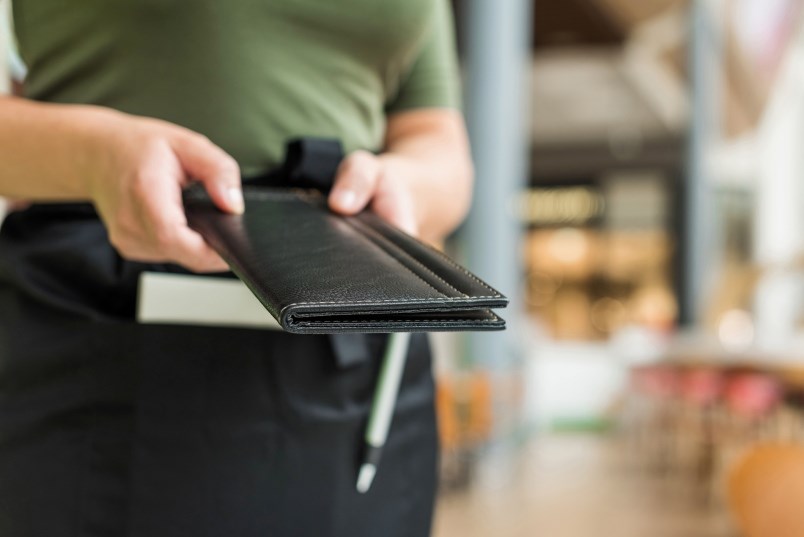The toll on businesses from COVID-19 continues with more Burnaby restaurants being shut down in recent weeks.
The latest is Chez Meme Baguette Bistro, a beloved Fresh lunch shop that had a solid core of fans who are speaking out about the Burnaby Heights eatery.
“It’s tragic,” said Terry, who contacted the NOW about the closing of Chez Meme, which was located on Hastings, just west of Gilmore, for many years. “Great food, great owners. It was one of my go-to spots and now it’s gone. This will definitely leave a hole in the neighbourhood.”
It's true. Chez Meme made some of the best sandwiches in the entire city.
"I feel so bad for these owners," said Sarah, who was bistro regular. "I don't like eating at big chain restaurants, but they seem like the only ones who can survive."
This follows the recent closure of Zeus, a popular Greek restaurant on Hastings near Alpha. The owners of Zeus renovated the place and rebranded it, but went out of business.
More recently came the news that Swiss Chalet on Lougheed Highway, just east of Boundary, is closing down at the end of December.
Other restaurants are just hanging on right now. Even though many pandemic restrictions have been lifted, some restaurants haven’t seen business return to pre-pandemic levels.
And they are demanding more federal government support.
Canadian Finance Minister Chrystia Freeland has touted her government’s legislation aimed at helping businesses hit hard by COVID-19.
Bill C-2 includes money for different programs and could provide a lifeline if the Omicron variant prompts government restrictions or adds to public fears about going to restaurants.
For example, the Tourism and Hospitality Recovery Program aims to help those sectors with subsidies of up to 75% for wages and rent, as long as recipient businesses have suffered a revenue plunge of at least 40% year-over-year.
Hoteliers like the bill because many of their ventures have suffered severe sales declines. Many restaurant owners, in contrast, have fared better, and say the legislation should have a lower revenue-loss threshold.
“We’re down about 35% year over year,” said The Birds & The Beets owner Matt Senecal-Junkeer, who operates two Vancouver locations.
“Our losses are well beyond our ability to absorb. There’s got to be some give – either our landlord has got to cut us a break on rent, which seems unlikely, or the reality is that we probably will have to look at walking away from a pretty huge investment that we put in the space. We expected to be here for about 10 years to get some payback.”
Senecal-Junkeer said his unprofitable restaurants could close by February or March if government support does not arrive.
Senecal-Junkeer said he might have been in a better situation to get aid if his five-year-old restaurant business had done worse last year. However, he said, he pulled out all the stops to try to generate as much revenue as possible.
“I certainly can’t imagine playing to lose in business, but the current formula would reward something like that,” he told Glacier Media. “I also think of the many marginally profitable pivots we undertook last year – groceries, delivery – which were spurred in large part to find work for remaining staff.”
Bill C-2 also extends the Canada Recovery Hiring Program until May 7 and makes subsidies under that program available to businesses that have had losses greater than 10%.
Restaurants Canada vice-president for Western Canada Mark Von Schellwitz told Glacier Media that few restaurants use the Canada Recovery Hiring Program because it covers only new hires.
“What we’re asking for is that the eligibility threshold for the Tourism and Hospitality Recovery Program should start at a 10% revenue decline, instead of 40%,” he said.
- With additional reporting by Glen Korstrom



